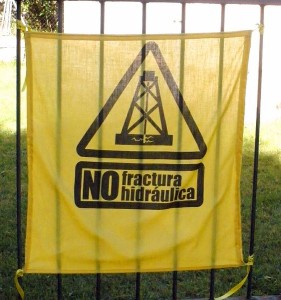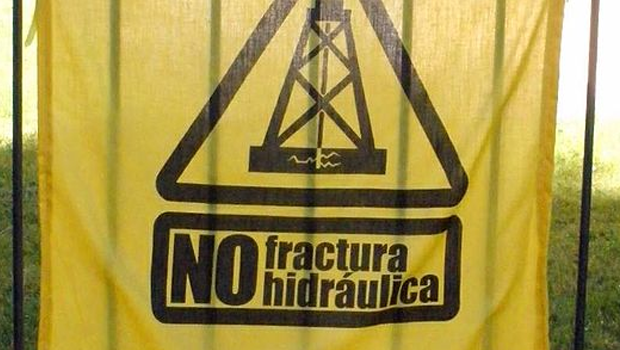
Fracking is all over the news. Whether it’s protests over the environmental impact of shale gas fracking, politicians hyping the possibilities of the controversial well fracking process or economists arguing over whether gas and oil fracking is capable of delivering on its promise, everyone has something to say. With so many deafening voices, it can be hard to navigate the fracking pros and cons, so join us as we go through the arguments.
The pros of fracking:
Despite the proliferation of anti fracking sentiment, both online and off, there are some clear benefits to the shale gas fracking process. For Western nations in particular, who are increasingly relying on foreign resources to meet their energy needs, gas and oil fracking presents an almost irresistible chance to achieve energy independence.
Shale gas fracking in the United States accounts for more than 10 billion cubic feet per day (bcfd) in 2010. It could more than quadruple by 2040, forming over 50% of total US natural-gas production over the next two decades.
This huge growth of shale natural gas fracking in North America could free the US from reliance on Russia and Iran. Both of these countries are beginning to use their vast fuel reserves as baragining chips on the international stage. An energy independent US would be able to stand up to these efforts, making fracking a key political issue.
Many energy experts claim (although some of these claims are disputed by environmentalists) that the shale gas fracking process is safe, and that fracking is not bad for the environment. Many proponents of fracking point to the fact that, according to the US Environment Protection Agency (EPA), fracking is safe if carried out only on hydraulically isolated sites – sites which are not connected to sources of drinking water.
As well as the political and environmental concerns, fracking could have a major impact on both global and national economies. In addition to providing huge revenues for national treasuries, the gas and oil fracking industries are poised to create thousands of jobs. In fact, US fracking operations already account for over 40,000 new jobs, with the number expected to rise dramatically as more and more states take advantage of their shale gas and shale oil deposits.
The cons of fracking:
While governments, banks and the petroleum industry are celebrating fracking as the solution to the world’s energy woes and a source of revenue for the beleaguered west, many people and organisations are concerned that the rush for shale gas could lead to lasting environmental damage. Studies into fracking have been hotly argued, with many coming from biased sources, but the most recent EPA studies point to fracking as the cause of water table pollution in a number of sites in North America.
The EPA conclude that with proper hydrographic and geophysical surveys, safe fracking is a possibility. For many, it is the lack of government oversight and regulation in the fracking industry which presents the main problem: If fracking companies are allowed to pursue shale gas deposits without oversight, there is nothing to stop them risking the long term health of the envireonment for short term economic gain.
Another basis of the anti-fracking argument is that, by prolonging our reliance on fossil fuels, it will delay the switch to clean, renewable energy. There is also uncertainty over the accuracy of estimated shale gas reserves. Polish shale fields were recently discovered to be far less profitable than projections had claimed, leading to global worry over the reality of our natural gas resources.
We’ll continue to look into the arguments for and against fracking, and bring you the latest developments on either side of the debate. For now, we’d love to hear your views on fracking natural gas, so let us know what you think in the comments.

Be the first to comment on "To Frack or not to Frack: The Pros and Cons of Fracking"